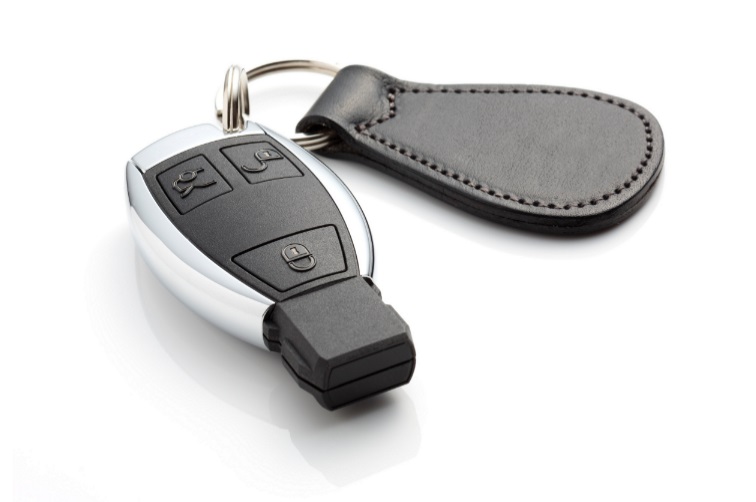What Happens to a Leased Car if the Lessee Passes Before the Term Ends?

Leasing a vehicle has become a widely embraced alternative to the conventional method of financing. Leasing arrangements provide the lessee, the individual leasing the vehicle, with reduced monthly payments. Upon completion of the lease term, the vehicle can be easily exchanged for a newer model. Nevertheless, it’s important to note that a lessee does not possess ownership of their vehicle. Instead, they operate it within the confines of a legally binding car lease agreement. The stipulations outlined in the lease contract can potentially impact one’s estate plan. Therefore, lessees must be aware of what happens to a leased car if the lessee passes before the term ends.
How a Lease Works
The buyer and dealer establish a term and monthly payment based on the expected vehicle depreciation. Leases often include mileage limits with penalties for exceeding them. Furthermore, additional charges may arise for damage beyond normal wear and tear. Lease terms typically range from 24 to 60 months. At lease end, the vehicle is returned to the dealer. While lessees don’t build equity, a positive trade-in value may occur if the car exceeds its predetermined residual value. Early lease termination results in substantial fees, possibly equal to the entire term’s cost. However, dealers may accommodate early exits in high-demand or low-supply periods. Lease transfers to others are also possible.
Lease Options When the Lessee Passes Away
Early Termination Death Clause
The Early Termination Death Clause in a lease agreement allows for the lease to be terminated without penalty in the event of the lessee’s death. This provision provides relief to the lessee’s estate and prevents financial burdens on their heirs or successors. Early lease termination may require a dealer fee with the return of the vehicle. Additionally, verifying the lessee’s death may involve submitting a death certificate from the estate.
Standard Early Termination
Terminating a lease prematurely, whether due to death or other reasons, may activate the early termination clauses within the agreement. This could lead to the acceleration of all outstanding lease payments, incurring early termination charges, returning the vehicle, and covering the disposition fee. These expenses are typically settled using funds from the estate.
Options with a Colessee
Lessees do not have ownership rights over their vehicles, preventing them from leaving the vehicle to a beneficiary. However, if there is a co-borrower, also called a colessee, the financial obligations may shift upon the lessee’s passing. The colessee assumes responsibility for remaining payments post-lessee’s passing. The co-lessee then has the choice to retain the vehicle or explore lease transfer options. Nevertheless, lease transfer possibilities may be subject to certain restrictions, such as partial transfers or specific timing requirements. Generally, it’s not feasible to add a co-lessee once the lease is signed.
Consider Car Leases in Estate Plans
Lease agreements are often overlooked in estate planning. When there’s no co-signer, the estate will face the challenge of settling an active car lease. Resolution options depend on the contract terms and the dealer’s willingness to negotiate. After a loved one’s passing, it’s advisable for the estate representative to consult with an attorney before contacting the dealer. Legal counsel can clarify the lease’s provisions for lawful termination or transfer. Our attorneys handle estate planning with care and efficiency, assisting both individuals in planning and estate representatives. To schedule a consultation, please contact us today.
